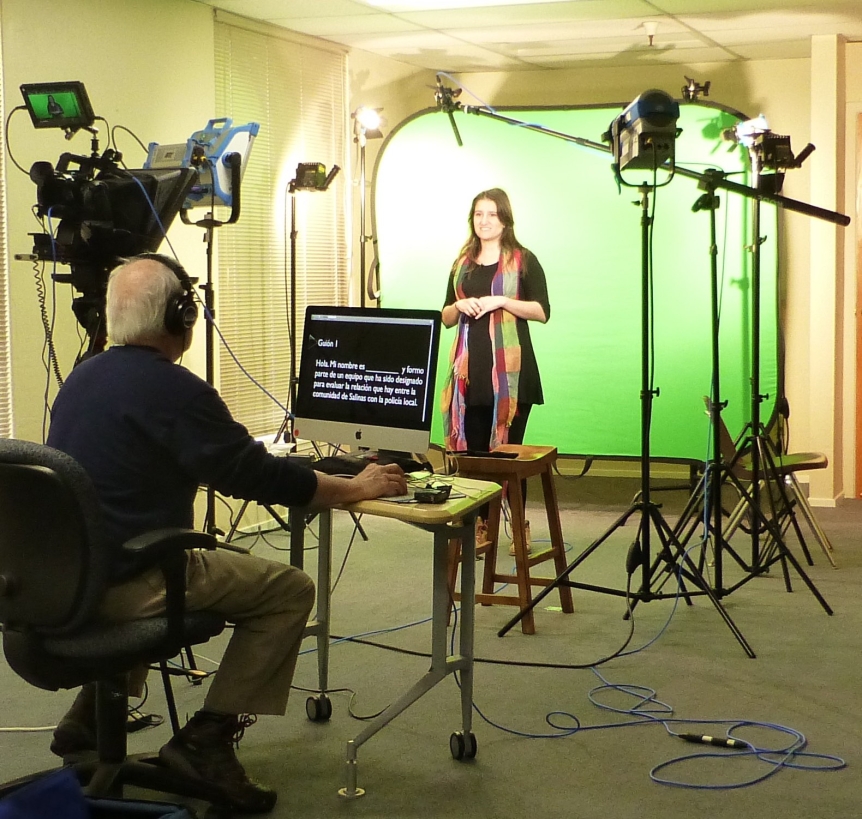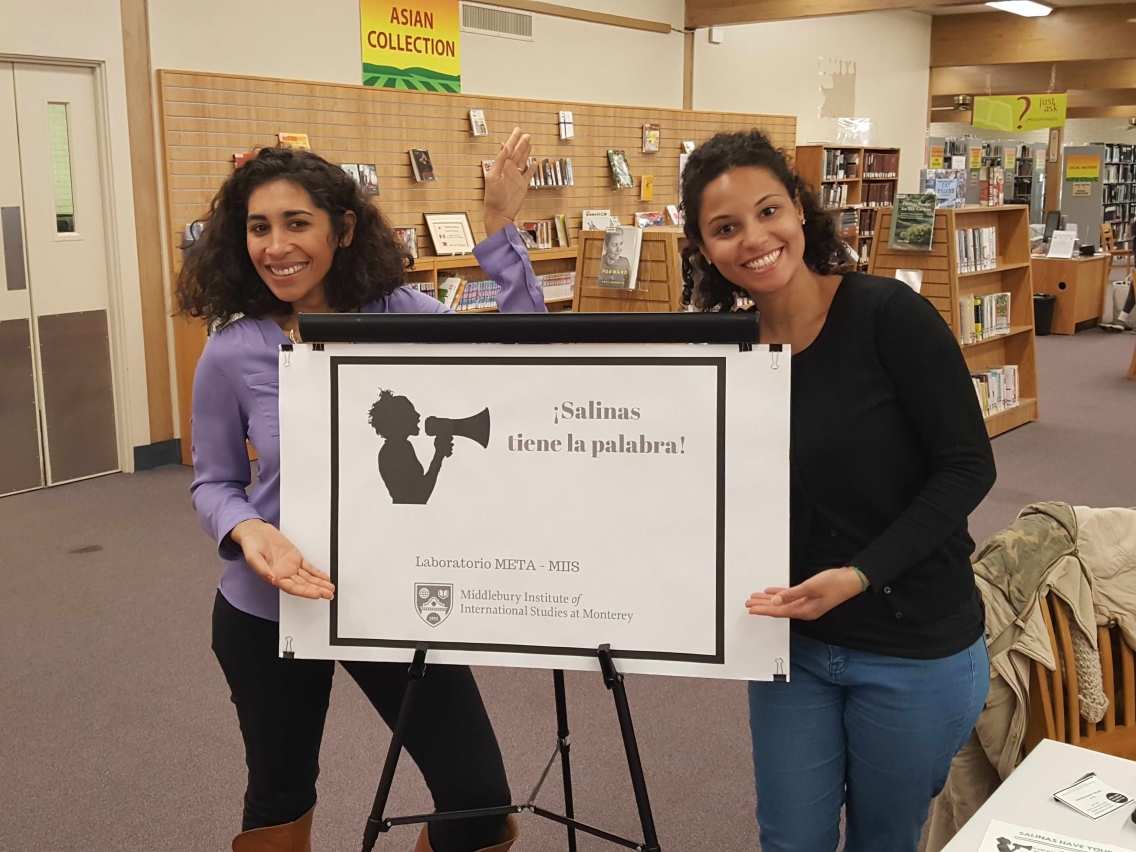“Why’d You Stop Me?” META Lab Works with the Salinas City Hall to Assess De-Escalation Police Policies
| by Phil Murphy and Director of META Lab

The META Lab worked with the Salinas, California city hall on a project called “Evaluation of strengthening relations between law enforcement and the community” that was solicited by City Hall in Salinas, CA in the wake of three police shootings in a one month span. The META Lab was asked to measure the efficacy of the program. The project was initiated in July, 2016 and concluded in July of 2018.

The program called “Why’d You Stop Me?” (WYSM) was developed by the city of Salinas to introduce Salinas’ residents to what police experience on a daily basis. Simultaneously, it introduced de-escalation training among the police force. This was a short-term policy that Salinas City Hall was considering for adoption on a more long-term basis. META Lab was tasked with answering whether the program had a noticeable effect on the population.
Nineteen META Lab students took part in the project. They filled almost every role in the project, including the IRB application process; question design for surveys, interviews, and focus groups; in-person data collection; site contacts; strategic planning; interviews with news organizations; analysis; and dissemination of the findings. In the process, they learned both the theory of why we would do what we were doing as we were actually getting ready to do it. Reflections, site checks, and periodic tune-ups reinforced those lessons.
We used a combination of surveys, interviews, and focus groups to collect data. All of the students were trained in each before going out to conduct any data collection. To tell the community about what we were doing, and raise the interest of potential respondents, students made videos that we posted to social media. We were using a mixed methods approach for this research. So, we used a variety of tools to collect and analyze data. Simple voice recorders were used for the interviews and focus groups. We used Qualtrics survey suite for the surveys. While in the field, we used tablets on a pay-as-you-go cellular so that respondents could respond to the survey anonymously if they preferred. All surveys and interviews were confidential and did not collect personally identifying information.
To analyze the findings, we used R statistical software for quantitative analyses and Dedoose for qualitative data analysis. All students had prior training in R, but they worked in groups for mutual support in running the tests. For qualitative analytics, not everyone initially had training. So, we ran an informal set of training sessions to teach the purpose, method, and interrater reliability checks that were necessary to analyze such data.
The team’s findings and recommendations are in the final report that we submitted at the end of this project.
Beyond helping out the city of Salinas, the lessons that students took away from the exercise were also valuable. Of note, there was a stark realization that the surveys were far too long and that they could have been much more succinct and delivered a similar result. Another valuable takeaway was that of working with an agency that is primarily focused on a project’s implementation. Although we were intent on doing a true pretest, we were not funded to begin until after the program we were evaluating had already begun within the city. Negotiating clearer timelines with the client at the outset would have helped.
It also turned out that, perhaps unsurprisingly, having our students train in the method as they are about to be required to use it in public is an excellent motivator. The knowledge that they were about to be, more or less, on their own in using these skills appears to have increased retention of both the method and the theory behind what we were doing. Students were invested, as they knew that they were soon to be accountable to the project and under the gaze of their peers and the public.
The META Lab remains embedded in a public-private group that is dedicated to the reduction of youth violence in Salinas. Through this participation, we periodically receive opportunities to write or join in on grants similar to the one we completed. We have mainly taken on smaller tasks since the onset of the COVID pandemic. Our more recent work has mostly been in the area of one-off analytics and tool-building with groups such as Fair Trade USA, Fair Trade international, United Way, and others. Because of the limitations arising from the COVID 19 pandemic, we are unable to go into the field for now. So, our focus has shifted to developing instructional materials for using software such as Excel, R, Dedoose, and Qualtrics.

